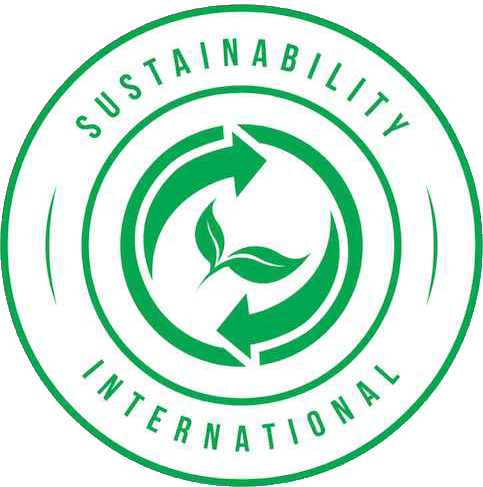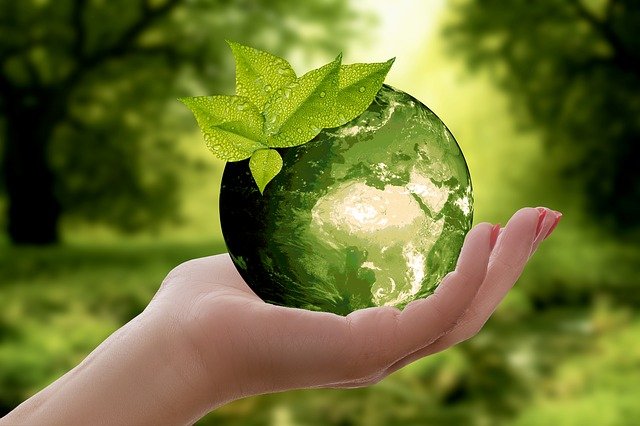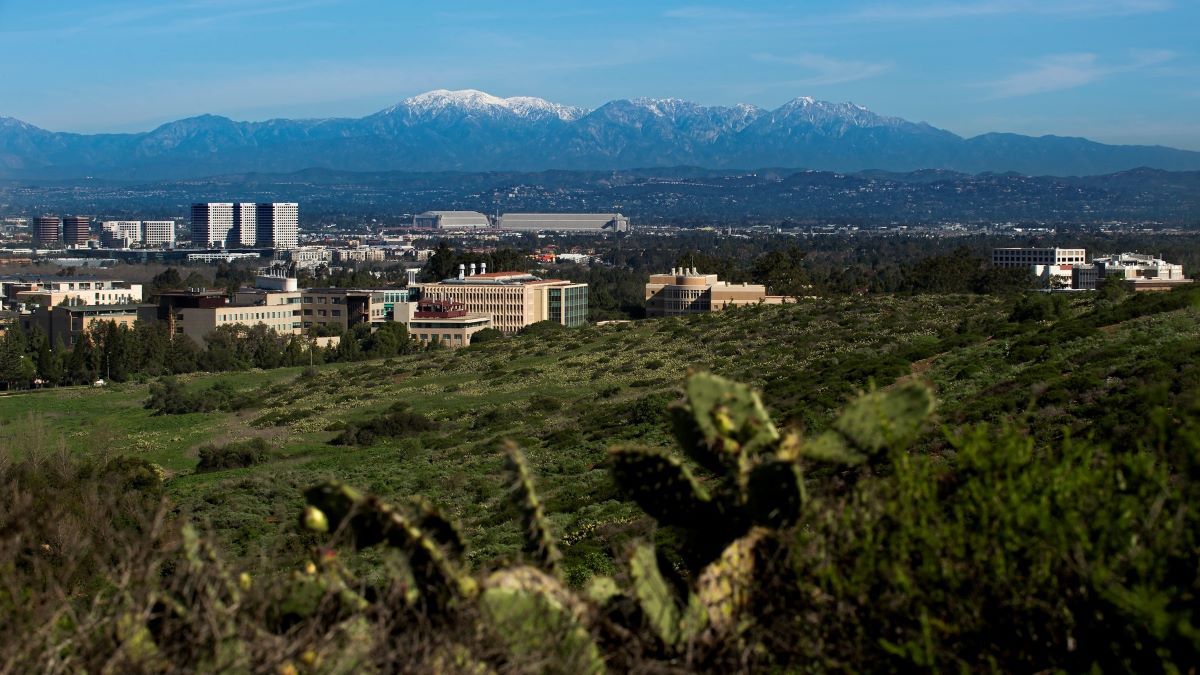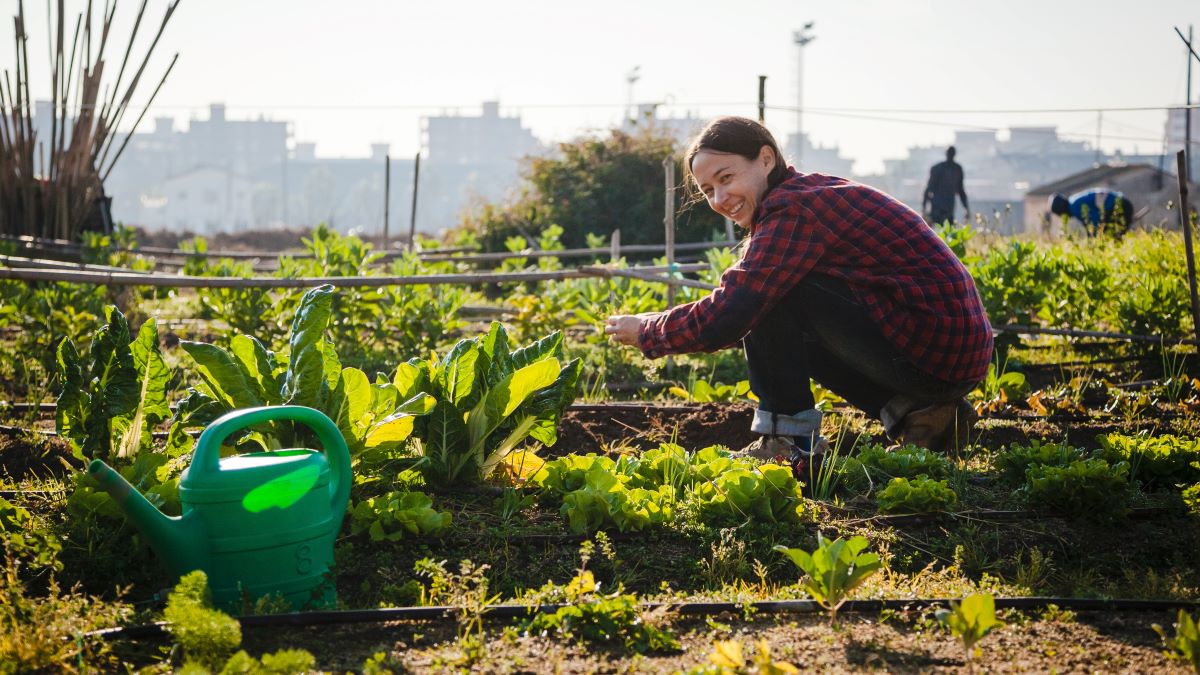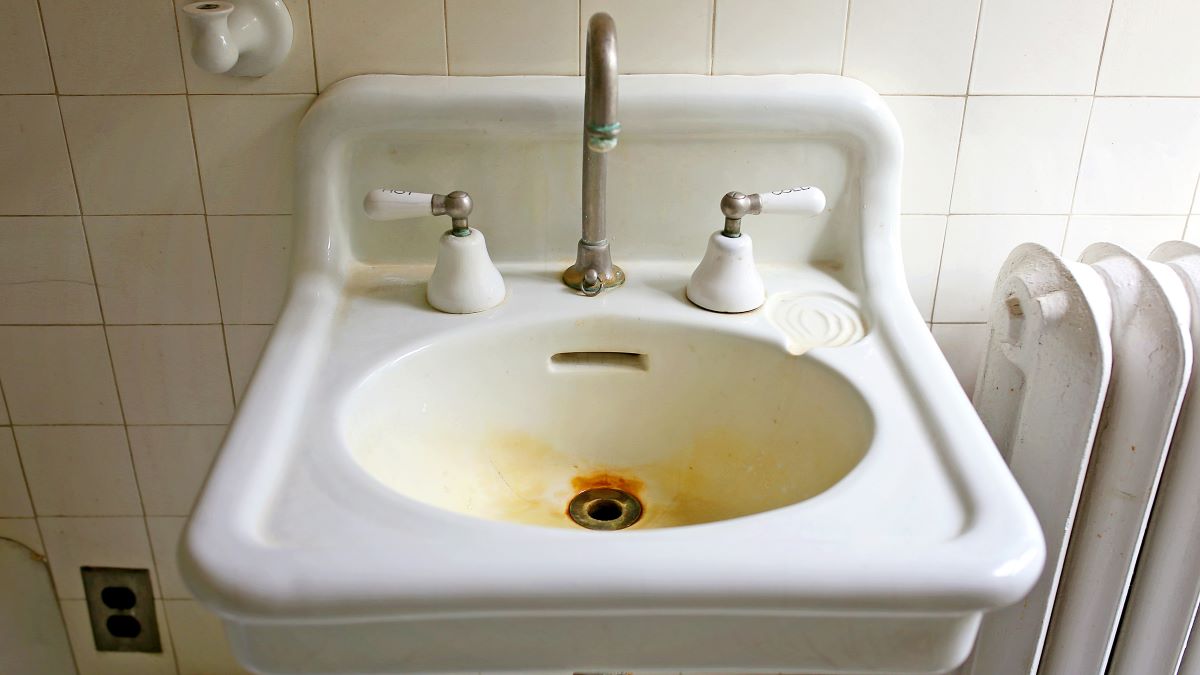Most people have heard of greenwashing, the practice of marketing products using misleading environmental claims. By taking advantage of our good intentions and limited time, marketers use greenwashing to make us feel better about a product instead of making the product better. A classic study in 2007 determined that nearly all green marketing claims are false or potentially misleading. The most common greenwashing strategies include hidden trade-offs and unsubstantiated claims, followed by vague promises and irrelevant evidence. Knowing how to spot and avoid these forms of greenwashing will cover most circumstances. But for advanced greenwashing detection, be aware of marketing that promotes the lesser of two evils.
Lesser of Two Evils
The lesser of two evils is employed when a product is marketed with factual environmental claims about a product that are designed to distract the consumer from the fact that the product is inherently harmful. It is very similar to the much more common greenwashing practice of the hidden trade-off. But where the trade-off distracts buyers from unsustainable aspects of specific products, the lesser of two evils attempts to make the consumer feel better about an entire product category that is best avoided.
For example, a ream of bleached paper marketed as recycled may not be as sustainable as another paper choice like unbleached post-consumer recycled paper. That’s a hidden trade-off.

On the other hand, organic cigarettes made with organically grown tobacco and unbleached papers may have fewer environmental impacts than other cigarettes, but there is still nothing healthy or sustainable about smoking. Using environmental labels such as “organic” or “green” on the types of products that will always have questionable environmental value is greenwashing with the lesser of two evils.
Necessary Trade-offs
The lesser of two evils makes up only 1% of greenwashing claims. This is fortunate because it is a tricky form of greenwashing to deal with. Although it can be misleading, it can also sometimes help consumers make greener choices.
For example, “green” or “natural” pesticides may be biodegradable, or produced more sustainably, or less toxic than other pesticides. But by definition, pesticides are poisonous chemicals that cannot be accurately said to be green or sustainable. However, some circumstances demand such products. What if your house is overrun with roaches, or your farm is under threat by Japanese beetles? Choosing the greenest option among toxins may be the best choice.
Sometimes you have to do something unsustainable, so you make the least damaging choice.
Thin Green Line
But where do you draw the line when there are no truly sustainable commercial products that have no environmental impact? “Green pesticides” are problematic because they encourage people to feel comfortable using toxins even when it is not really necessary. Feeling as if they have purchased a green product, a home gardener may preemptively spray their lawn or garden. Instead of seeking effective solutions that are truly sustainable, such as improving their soil to grow healthy plants that can better withstand pests, they continue to spray slightly less-toxic poisons.
What about single-serving coffee pods? They generate a lot of non-recyclable waste, and they don’t brew the shade-grown, organic kind of coffee. Technically, coffee is a luxury item, but for many people, a daily cuppa is a necessity. Does that make recyclable coffee pods, which at least generate less waste, greenwashing?
Most people would say yes. But the most important thing is to ask the question. Companies want us to buy their products and not look too closely at the details. You may decide that you need to use your single-serving coffee maker every day. Perhaps the best you can do for now to minimize your impact is to buy recyclable pods. Or you may decide that using a French press is worth the effort to reduce waste and have more control over the contents of your cup. Maybe a regular electric coffee pot, filled with organic, fair-trade coffee strikes the balance you need between convenience and ecology.
When you notice a product greenwashed with the lesser of two evils, you might not change your final purchasing decision. But it should always give you cause to stop and consider. Can a different product category or action replace the choice?
This article is the fourth in a six-part series that includes the following topics:
- What Is Greenwashing?
- How to Spot Greenwashing
- Uncovering Greenwashing: Vague Promises & Irrelevance
- Greenwashing: Untruth in Advertising
- Finding the Real Green Thing
The post Greenwashing: The Lesser of Two Evils appeared first on Earth 911.
